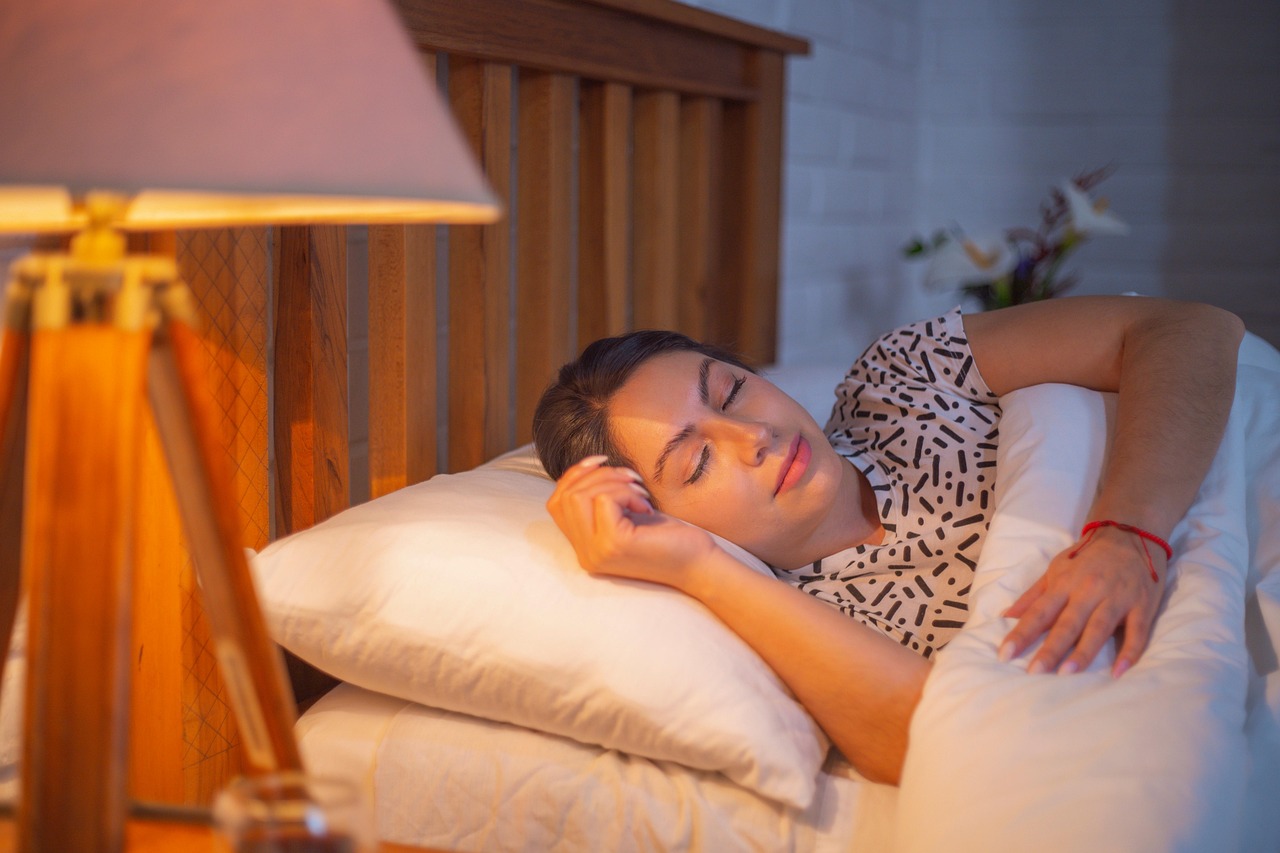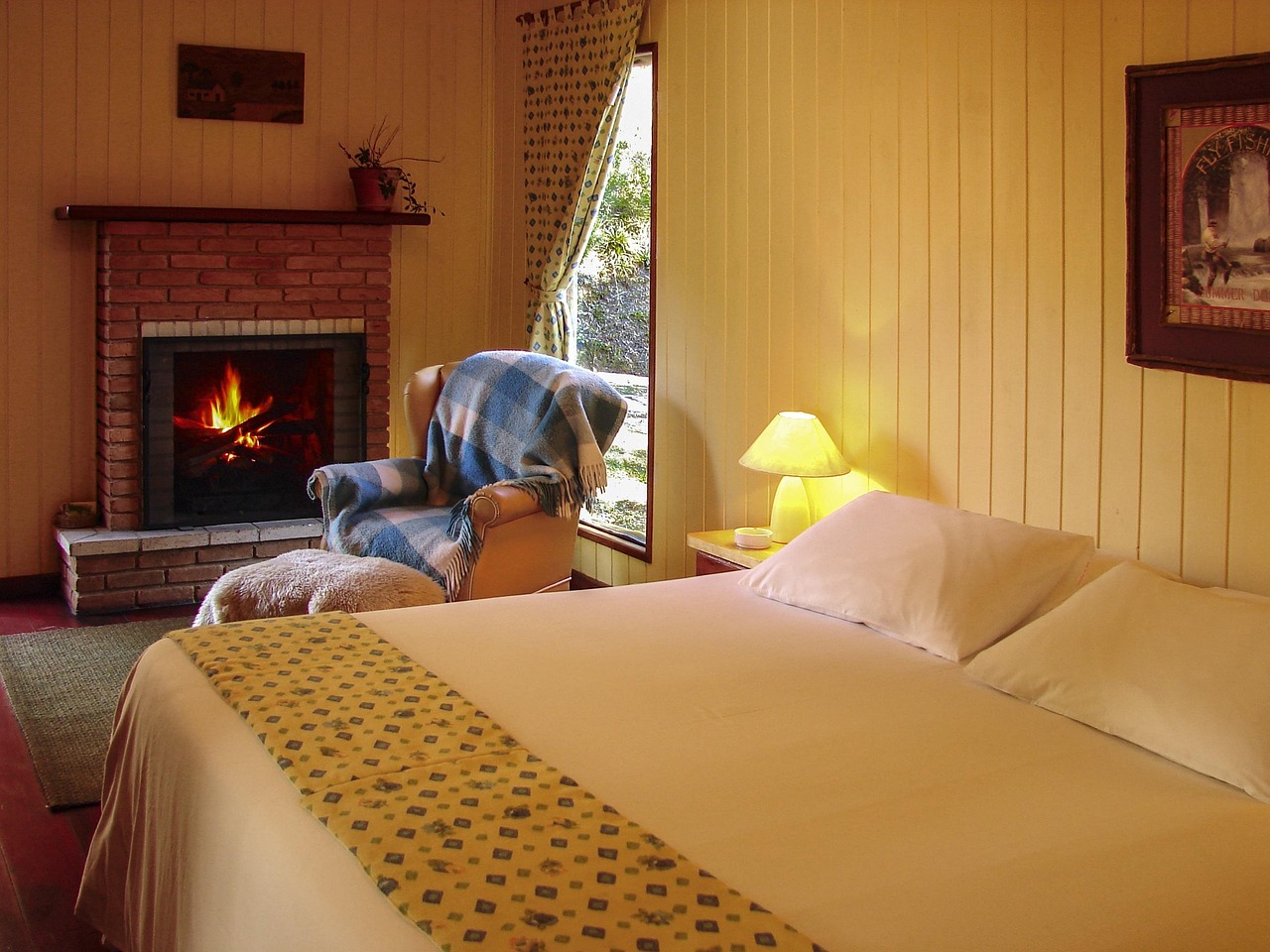
In today’s fast-paced world, your evening habits do more than prepare you for sleep – they may help you live longer. Research shows that what you do before bed affects not only sleep quality but also your risk of disease, cognitive decline, and even overall lifespan.
This article breaks down science-backed nighttime routines that promote longevity, with credible studies for every claim.
Why Nighttime Routines Matter for Longevity
Sleep is when your body repairs cells, balances hormones, and clears toxins from the brain. Disrupted or irregular sleep interferes with these processes, raising risks of cardiovascular disease, cancer, dementia, and a shorter lifespan.
By building consistent, restorative nighttime habits, you strengthen your circadian rhythm and support long-term health and longevity.

What Is Sleep Regularity and Why Does It Matter?
A large UK Biobank study of nearly 89,000 people found that individuals with high sleep regularity had a 20–48% lower risk of all-cause mortality compared to those with irregular sleep patterns.
In fact, sleep regularity was often a stronger predictor of longevity than sleep duration itself (PubMed, 2024).
Tip: Fix a regular bedtime and wake-up time, even on weekends, to stabilize your circadian rhythm.
I admit that sometimes this sounds easier said than done, but, if we want to be healthy and live longer, it seems that it is an important aspect to include in our routine.
Limit Blue Light Before Bed to Protect Sleep

Blue light from screens delays melatonin release, making it harder to fall asleep. Harvard Health notes that even short evening exposure can shift circadian rhythms and reduce sleep quality, with long-term links to chronic diseases (Harvard Health, 2024).
Tip: Turn off devices or use blue light filters at least 1 hour before bed.
Stress Reduction and Mindfulness Support Longevity
Practices like meditation, deep breathing, and gratitude journaling reduce cortisol and lower markers of inflammation. A study (PubMed, 2021) confirmed that mindfulness interventions measurably reduce inflammation, which is tied to aging and chronic disease.
Beyond lowering stress, systematic reviews of randomized controlled trials show that mindfulness meditation can influence key biological markers linked to aging. Findings include reduced levels of cortisol and C-reactive protein, improved immune function, and even increased telomerase activity – changes that may help slow cellular aging when practiced consistently.
I think I can say that everyone taking a few minutes for mindfulness and a bit of meditation feels more relaxed. I was not a fan of this – but I found myself needing some breaks and when I meditate a bit, I saw a difference. It looks like it is a good thing to do on a constant basis.
Tip: Dedicate 5–10 minutes before bed to mindfulness or journaling.
Why Heavy Meals and Alcohol Harm Sleep
Eating or drinking too close to bedtime is linked with poorer sleep quality. A large U.S. study analyzing over 550 adults found that consuming food or drink within an hour of bedtime was associated with shorter sleep duration and more nighttime awakenings (Iao et al., Nutrients, 2021).
Alcohol, while it may help you fall asleep faster (and we can see this habit promoted in many movies), disrupts restorative deep and REM sleep. Reviews confirm that evening drinking fragments sleep and leads to reduced overall sleep quality, which over time may increase risk factors for cardiovascular disease (Roehrs & Roth, Alcohol Research & Health, 2001; Sleep Foundation, 2024).
Tip: Aim to finish heavy meals and alcohol at least 2–3 hours before bedtime to protect sleep quality and support long-term health.
How Room Temperature Affects Sleep Quality and Healthspan
Temperature matters more than most people think. A Nature Communications study (2025) showed that hot nights increase sleep insufficiency, especially in older adults, women, and people with obesity.
Even a 10 °C increase in nighttime temperature was linked to shorter, less restorative sleep.
Here I have to admit that I have to make some changes myself – I admit I like a 20-22°C temperature in the room…
Tip: Keep your bedroom “cool but comfortable” – generally 60–67 °F (15–19 °C).
Dim Evening Lights to Signal Wind-Down

Gradual exposure to dim, warm light in the evening helps preserve melatonin production and supports healthier circadian alignment. A systematic review in Sleep Medicine Reviews (2022) showed that evening exposure to electric light suppresses melatonin onset and delays sleep, while lab studies (e.g., Weng et al., 2022) found that bright or large-angle light in the evening increases alertness and reduces melatonin compared to dim lighting.
Tip: Switch to soft lamps instead of bright overhead lights after sunset.
Extra Habits That Strengthen Your Routine
Get Morning Sunlight: Exposing yourself to morning daylight improves your circadian rhythm alignment and leads to better sleep at night.
Nap Smartly: Short naps (<30 min) early in the day may help recovery, but long or irregular naps have been linked to increased mortality in older adults.
Exercise During the Day: Regular physical activity reduces inflammation and improves sleep quality – but avoid vigorous exercise right before bed.
Check for Sleep Disorders: Snoring, pauses in breathing, or chronic insomnia may signal sleep apnea or another disorder. Untreated, these strongly raise cardiovascular and mortality risk.
Putting It Into Practice
- Keep a consistent bedtime and wake-up time.
- Avoid screens or use filters 1 hour before sleep.
- Do a 5–10 minute relaxation or journaling session.
- Skip heavy meals and alcohol close to bedtime.
- Keep your bedroom cool, dark, and quiet.
- Use dim, warm lighting in the evening.
- Get morning sunlight exposure.
- Nap wisely and exercise earlier in the day.
- Seek medical help if you suspect a sleep disorder.
Caution & Disclaimer
This article is for informational purposes only and is not medical advice. While studies show strong links between nighttime habits and longevity, results vary by individual.
Always consult a healthcare provider for personalized recommendations, especially if you have chronic health issues, take medications, or experience persistent sleep problems.
The Bottom Line
A healthier, longer life may start each night in your bedroom. From consistent sleep timing to light management and stress reduction, these small but powerful changes add up over time.
Science shows that evening routines are more than just “sleep hygiene” – they’re a proven way to improve healthspan and longevity.
Start tonight. Your future self will thank you.
Photo sources: 1, 2, 3, 4
More amazing articles for you:
Please visit:
Our Sponsor
